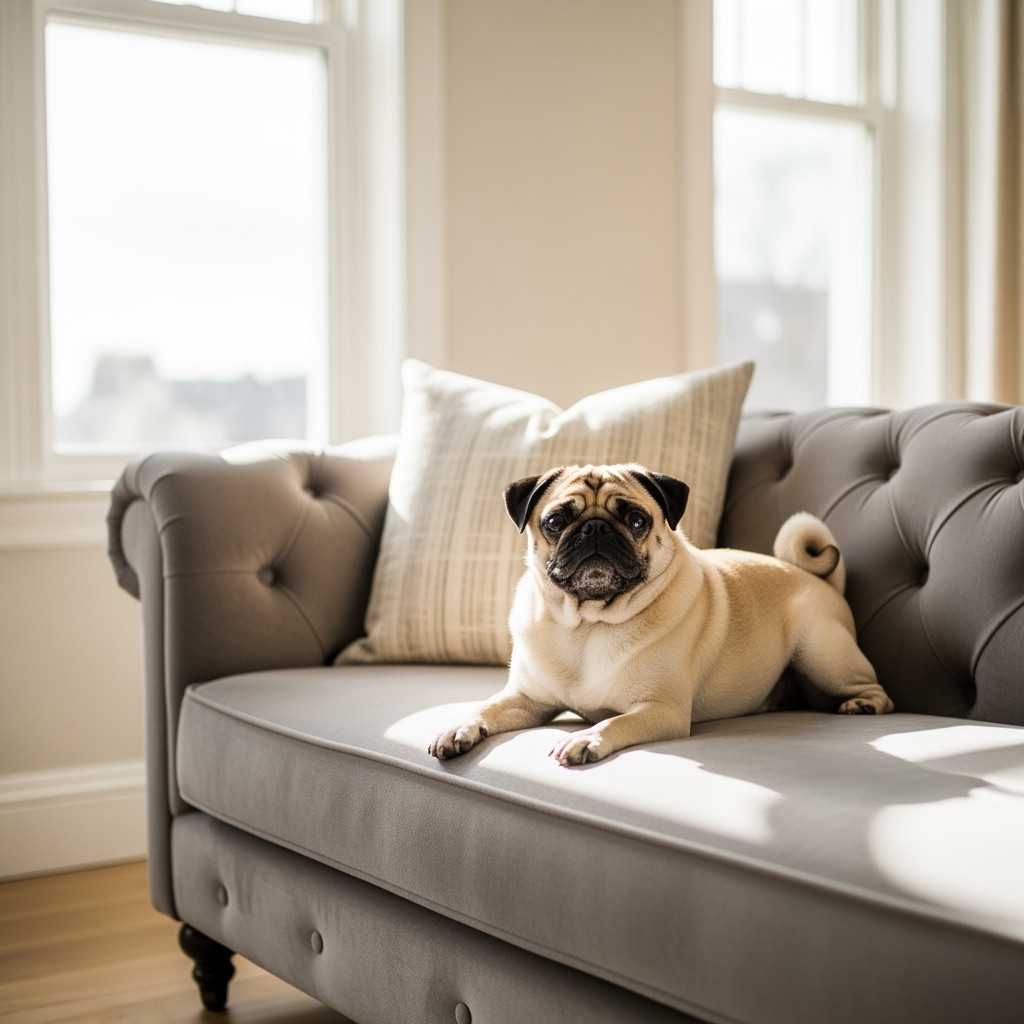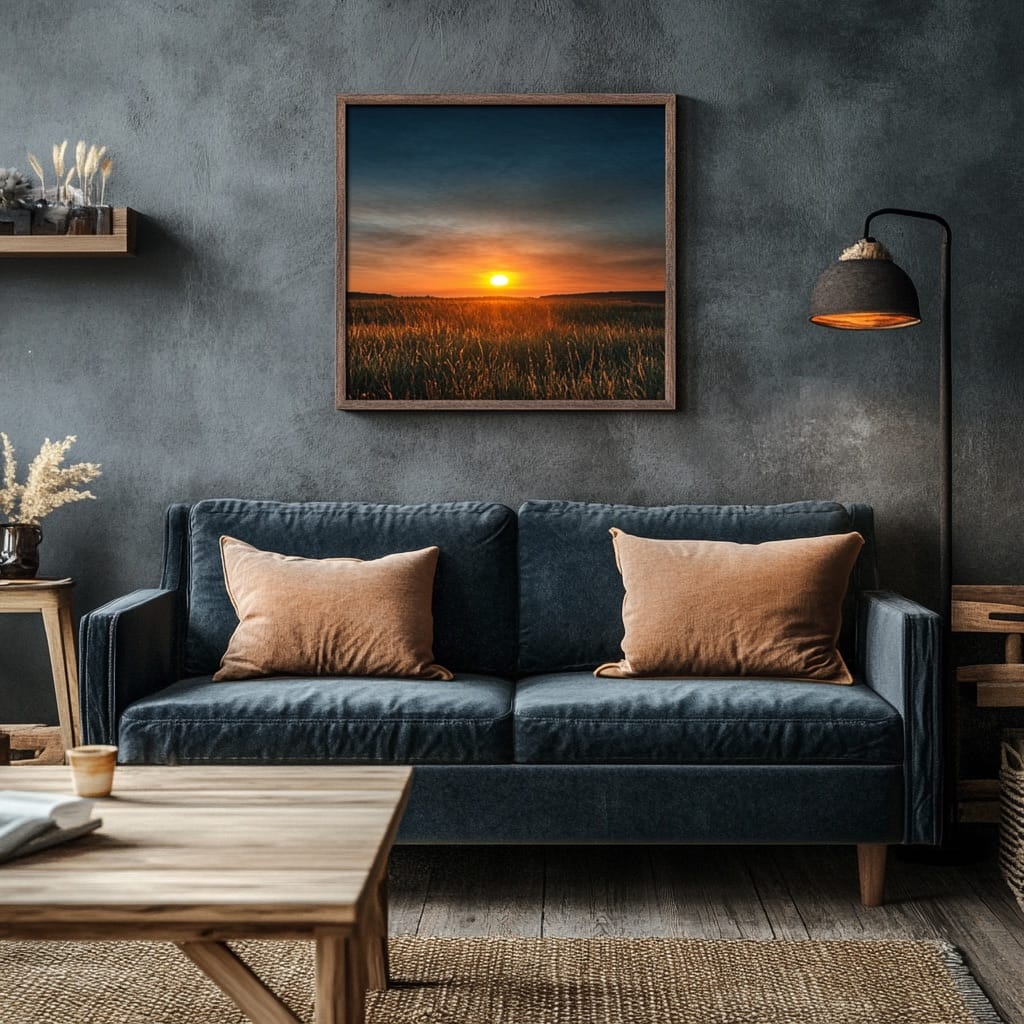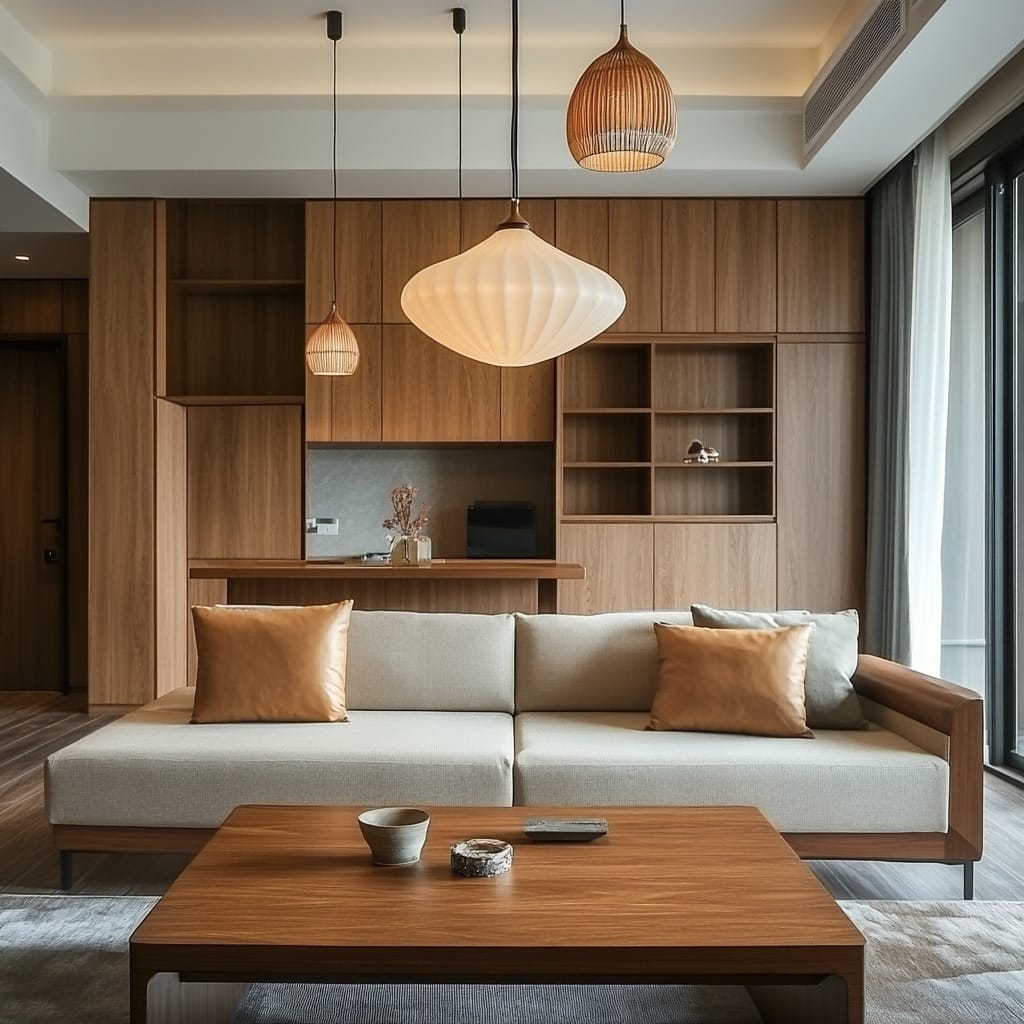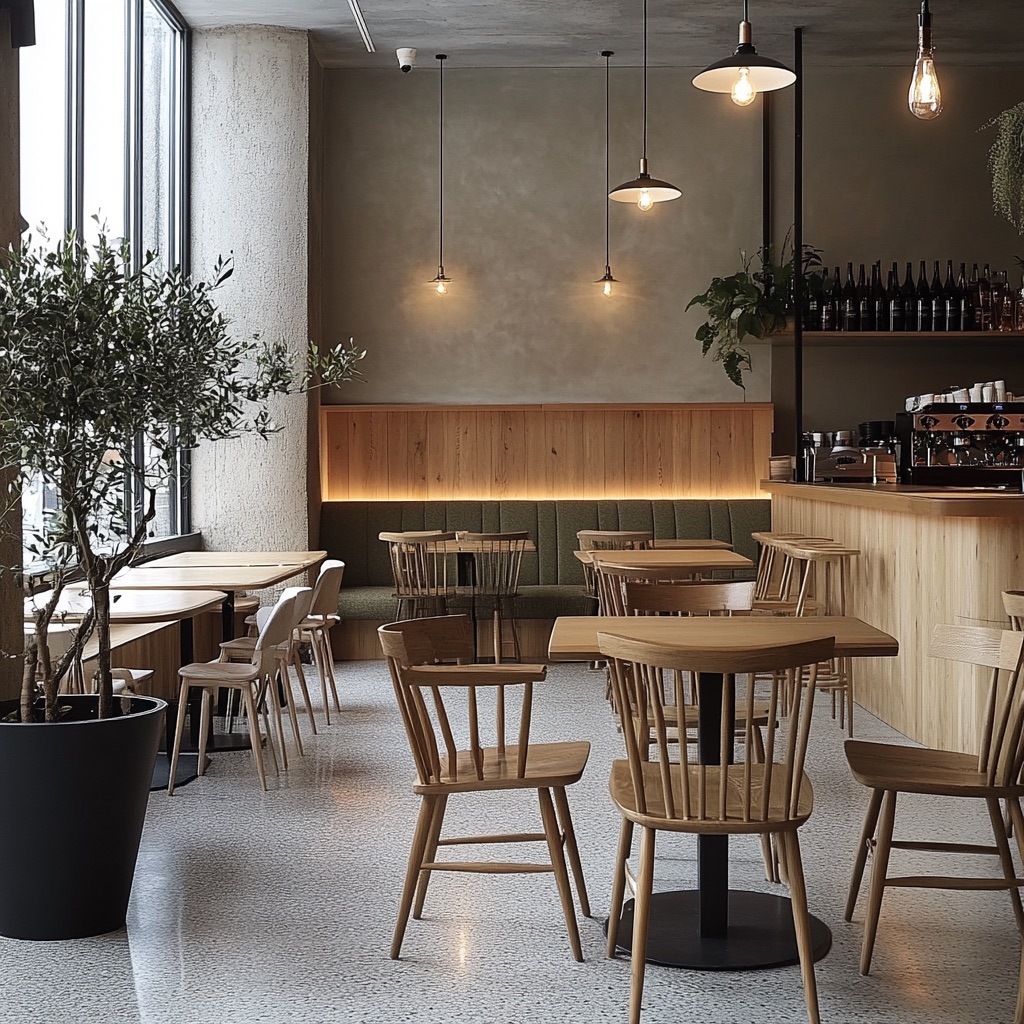Last updated on
Choosing the right doors for your home is an important decision that can dramatically affect both the aesthetics and functionality of your space. By considering a few essential factors, you can ensure that your choice enhances your home’s style while also meeting your practical needs. Let’s guide you through the process.
Materials and Durability
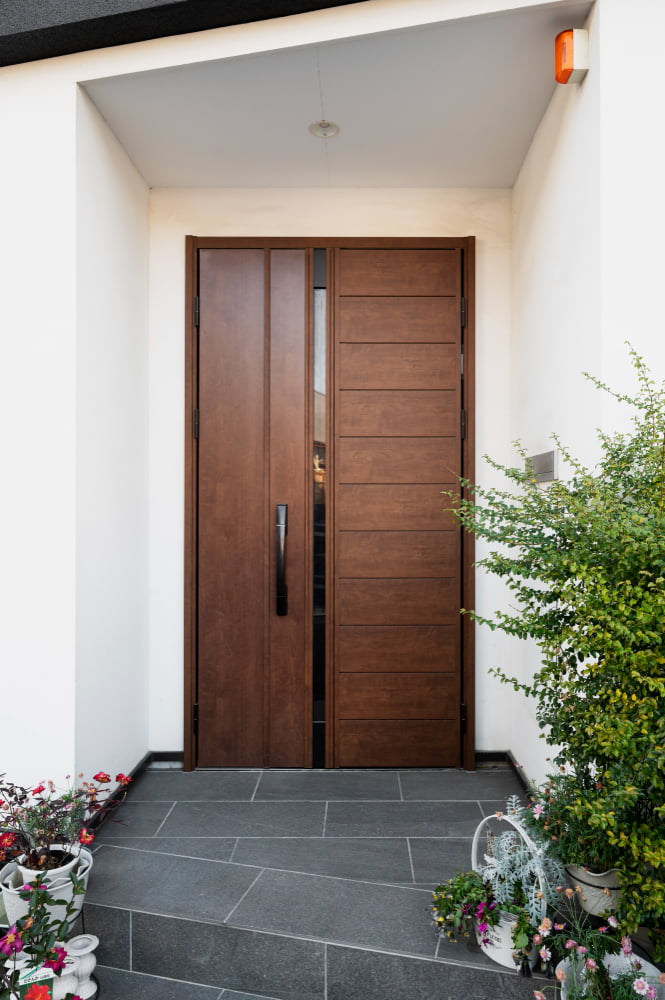
When selecting a door, considering the materials and durability is crucial. The material of the door affects its appearance, longevity, and maintenance needs. For example, wood offers a classic look, but may require regular sealing to prevent warping from moisture. Similarly, fiberglass or steel doors are durable and require less maintenance, but they might not offer the same aesthetic appeal as wood.
Durability is another key factor, particularly for exterior doors exposed to weather conditions. An experienced Aluminium door supplier understands how a well-constructed unit can withstand the elements, offer security, and last for years, making it a cost-effective choice in the long run. Therefore, striking a balance between the material of the door and its durability will deliver both aesthetic appeal and functionality.
Style and Aesthetics
When it comes to these installments, there are various styles and types you can pick from. Here are some popular ones:
- Panel doors
- French
- Sliding
- Barn
- Dutch
- Flush
- Bi-fold
- Louvered
- Glass panel doors
- Contemporary
- Craftsman
Style and aesthetics play a pivotal role in door selection as they contribute significantly to the first impression of a home. The right door design can enhance the overall architectural style of the property, creating harmony and cohesion within the interior and exterior spaces. Moreover, a well-chosen door can add value to the property and set the tone for the rest of the decor.
Budget and Costs
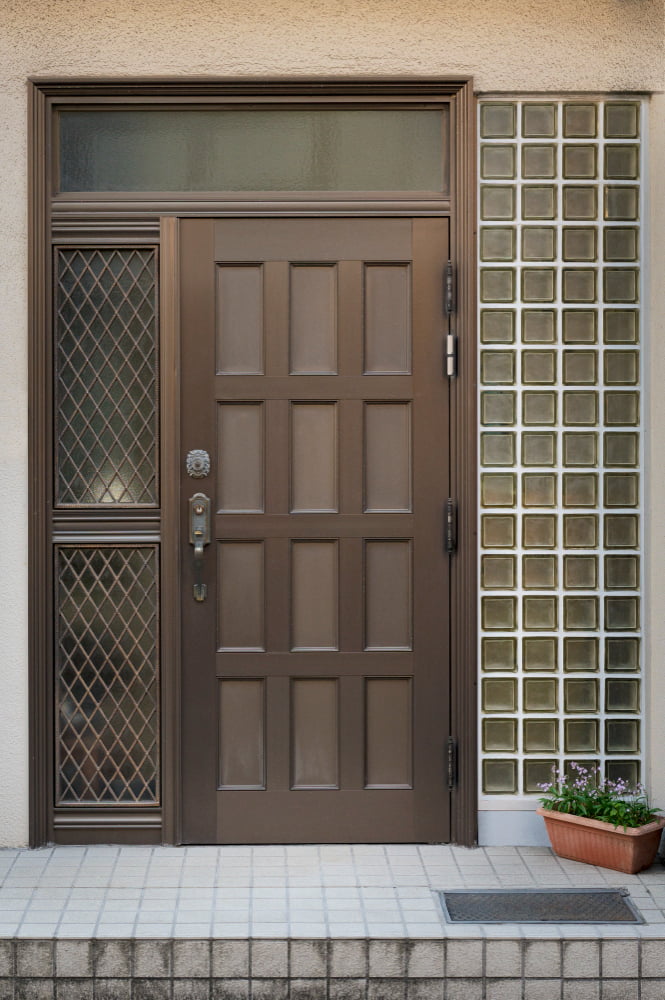
Budget is a pivotal factor when choosing a door, as prices can vary significantly based on materials, design, and functionality. Establishing a budget helps you narrow your options and focus on doors that are within your price range. It’s essential to consider not only the upfront cost of the door itself, but also the long-term expenses related to installation, maintenance, and potential repairs.
A more expensive door may offer better durability and lower maintenance costs over time, providing better value for money. Ultimately, your budget should balance between the initial cost, ongoing expenses, and the desired aesthetic and functional qualities of the door.
Security and Energy Efficiency
A well-secured door provides peace of mind, protecting your home from potential intruders. Units with robust locking mechanisms and sturdy materials contribute significantly to home security. On the energy efficiency front, a well-insulated door can immensely reduce heat transfer between the indoors and outdoors, helping to maintain a comfortable indoor temperature and lower energy costs.
Doors with proper seals prevent drafts, and materials like fiberglass and steel offer better insulation than other options. Therefore, considering security and energy efficiency while choosing a door ensures a safer, more comfortable, and cost-effective home environment.
So, when you’re ready to choose the right door for your home, remember to balance aesthetics with practicality, and consider the long-term benefits of durability, security, and energy efficiency. With this guide, you’re now well-equipped to make a decision that will enhance and secure your home. Happy door shopping!
Recap:
